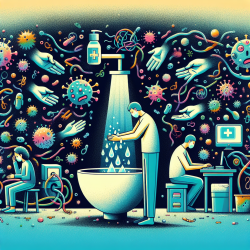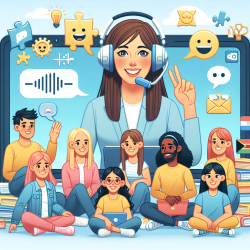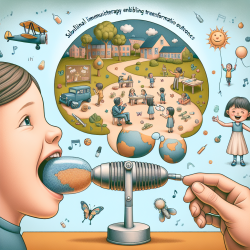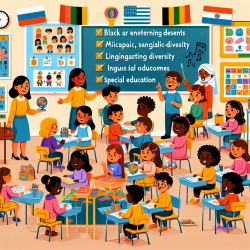Introduction
In the wake of the COVID-19 pandemic, the importance of psychological resilience and behavioral adaptation has never been more evident. A recent study titled Linking Self-Control, Hope, Positivity Ratio, Anxiety and Handwashing Habits during the Coronavirus Outbreak provides valuable insights into how personal resources like self-control and hope can influence both psychological and behavioral outcomes. This blog aims to help practitioners improve their skills by implementing these research findings or encouraging further research.
Key Findings
The study conducted a path analysis using survey data from 537 Israeli adults. It found that self-control is positively correlated with hope and negatively correlated with anxiety. These factors, in turn, influence the positivity ratio (having more positive than negative emotions) and handwashing habits. The research highlights the role of self-control and hope in achieving desired psychological and behavioral outcomes during an anxiety-provoking epidemic outbreak.
Implications for Practitioners
As a practitioner, understanding these findings can enhance your approach to therapy, particularly in online settings like those offered by TinyEYE. Here are some practical ways to apply these insights:
- Enhance Self-Control: Encourage activities that build self-control, such as mindfulness exercises and cognitive reframing techniques. These can help children manage anxiety and foster hope.
- Foster Hope: Integrate goal-setting and problem-solving activities in your sessions. This can help children develop a sense of agency and pathways to achieve their goals.
- Monitor Positivity Ratios: Use tools to track the balance of positive and negative emotions in children. This can be a useful indicator of their overall wellbeing.
- Promote Handwashing: Reinforce the importance of hygiene as a positive habit. Use creative methods to make handwashing a fun and routine part of daily activities.
Encouraging Further Research
While this study provides significant insights, it also opens avenues for further research. Practitioners are encouraged to explore:
- The role of self-control and hope in other behavioral adaptations beyond handwashing.
- Long-term effects of these psychological factors on wellbeing and resilience.
- Cross-cultural studies to understand the universality of these findings.
Conclusion
Incorporating the findings of this study into your practice can enhance the outcomes for children, particularly in challenging times. By focusing on self-control and hope, practitioners can help children navigate anxiety and build resilience. For those interested in delving deeper into this research, I highly recommend reading the original study for a comprehensive understanding.
To read the original research paper, please follow this link: Linking Self-Control, Hope, Positivity Ratio, Anxiety and Handwashing Habits during the Coronavirus Outbreak.










